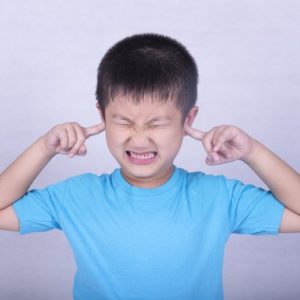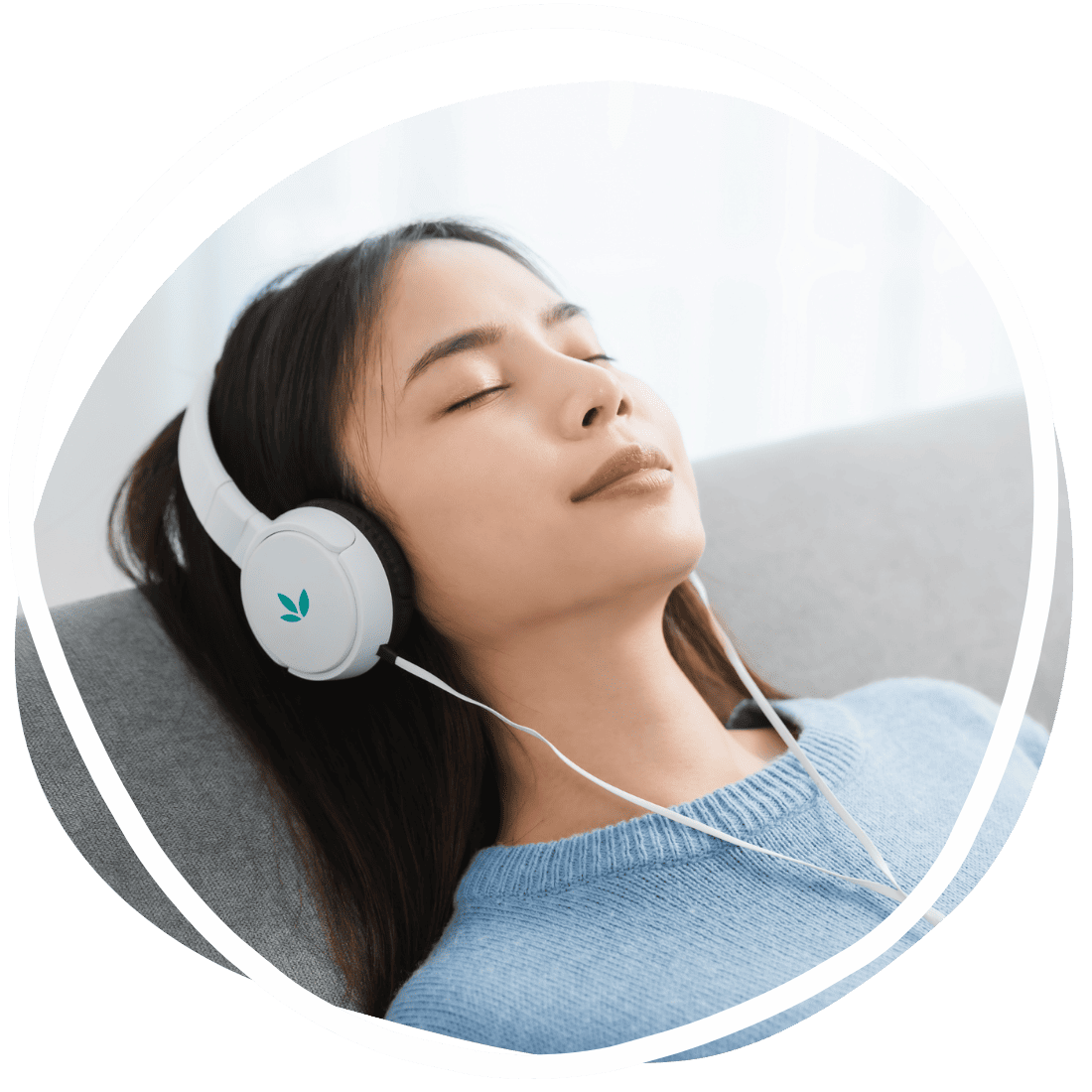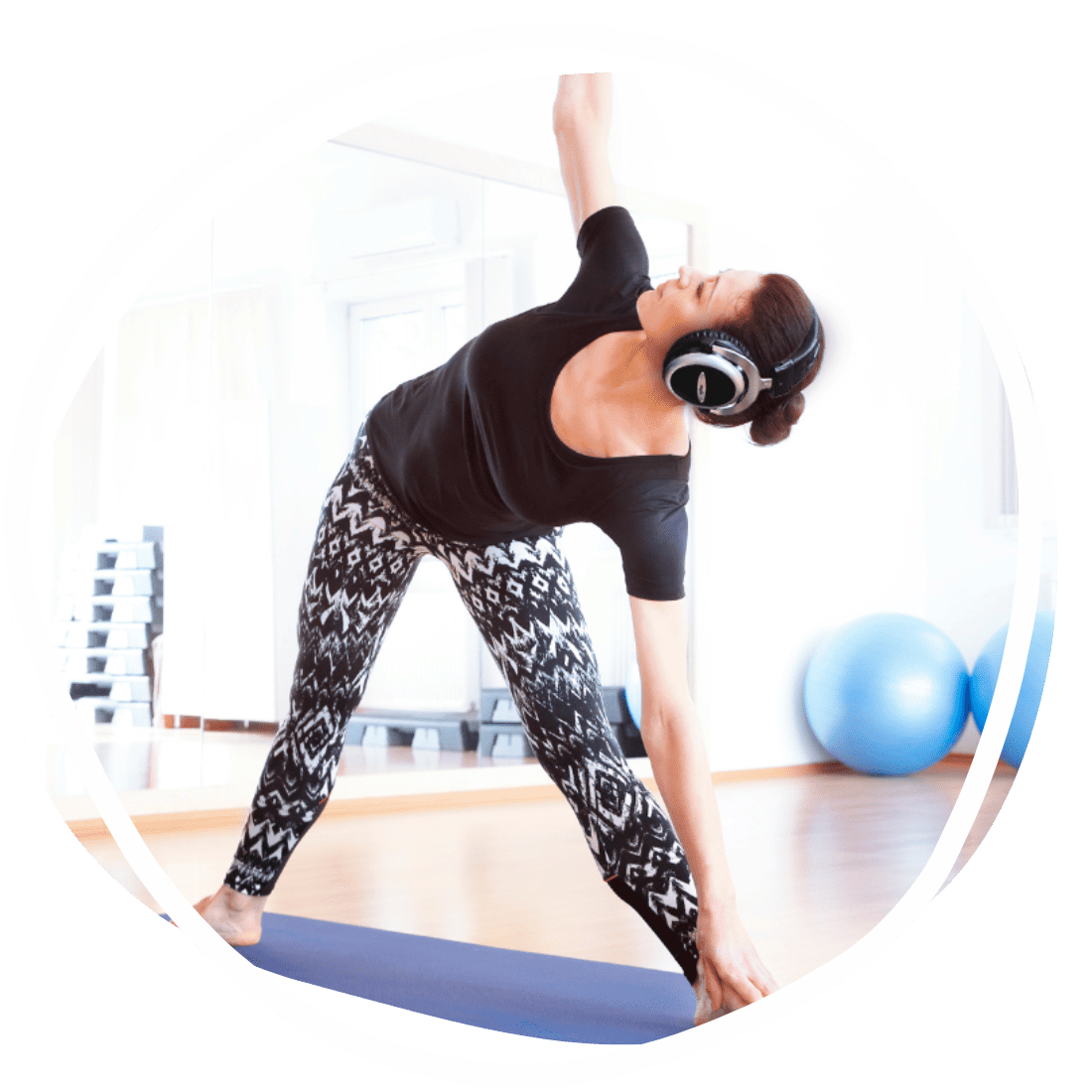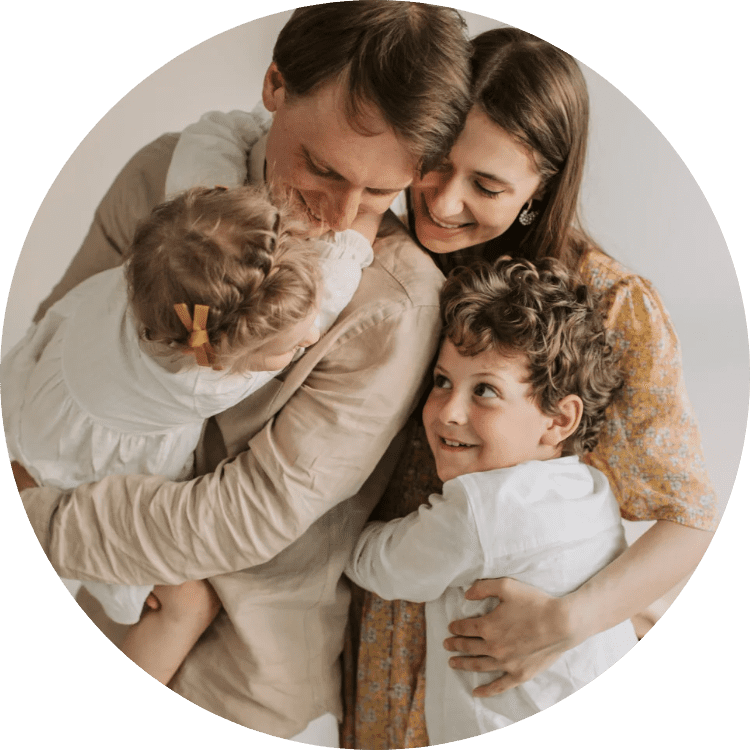Listening Therapy Programs for Auditory Sensitivity
You may have seen that child with her hands over her ears at a party or at a fireworks display, but sound sensitivity is not something that only affects children. For many, everyday noises can seem unbearably loud and may even inflict pain. And paradoxically, despite being sensitive to sound, some people with auditory sensitivity have difficulty understanding what others are saying. This results when all the sounds and frequencies of the environment are let in indiscriminately.

Auditory sensitivity refers to an individual’s heightened sensitivity to auditory stimuli in their environment. This condition can affect both children and adults, although the presentation and symptoms may vary between the two age groups. Sound sensitivity is more debilitating than many realize. When the brain process sounds differently, hearing the everyday sounds of our world louder than most people means living in a world of discomfort, even pain.
Children and Sound Sensitivity Issues
In children, auditory sensitivity overload often manifests as a strong reaction to certain sounds or environments. They may become easily overwhelmed or distressed by loud noises, such as fireworks or sirens. Additionally, they might display behavioral changes like covering their ears, crying, or seeking isolation in noisy situations.
Adults and Sound Sensitivity Issues
Adults with auditory sensitivity may also experience discomfort and distress in response to specific auditory stimuli. They may find it challenging to concentrate in noisy environments or feel anxious when exposed to sudden or high-pitched sounds. These individuals may actively avoid loud social settings or become irritable and fatigued due to prolonged exposure to noise.
Listening Therapy for Auditory Sensitivity
Listening therapy is a commonly recommended treatment for auditory sensitivity in both children and adults. This therapy involves exposing individuals to carefully selected sounds at varying frequencies and intensities over time. The goal is to desensitize the auditory system gradually, helping them tolerate a wider range of sound stimuli without experiencing discomfort.
In addition to listening therapy, there are other solutions available for managing the symptoms of auditory sensitivity. These can include using noise-cancelling headphones or earplugs in noisy environments, creating quiet spaces at home or work for relaxation, practicing stress-reducing techniques such as deep breathing exercises or mindfulness meditation.
Listening Therapy Programs to Help Auditory Sensitivities
Safe and Sound Protocol (SSP)
For children and adults. Guide your clients to consistently feel more connected, in control and regulated.
Pioneered by Dr. Stephen Porges and based on the Polyvagal Theory, the Safe and Sound Protocol (SSP) is an evidence-based listening therapy that helps shift the nervous system to be more present and regulated while improving client capacity for connection and receptivity to other therapies.
A non-invasive vagal nerve stimulator, the SSP is designed to reduce stress and auditory sensitivity while enhancing social engagement and resilience by re-patterning the auditory and nervous systems for safety and connection.
Focus System
For children and adults. Improve brain and body organization, and emotional regulation. Used in a broad variety of practices such as Occupational Therapy, Speech Therapy, Physical Therapy, Autism and ADHD Specialities, and more.
A clinical intervention based on neuroplasticity used to improve brain function through brain and body integration via multisensory input. It combines auditory, balance, and movement to create a foundation for learning, attention, processing and behavior.






 © 2025 Unyte Health US Inc.
© 2025 Unyte Health US Inc.